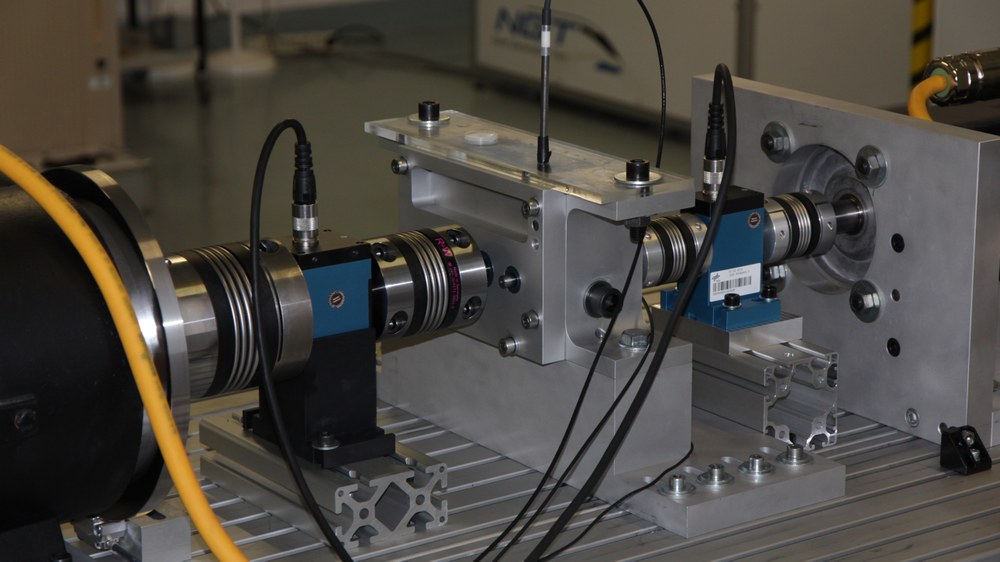Aircraft power systems
Actuators
The use of electromechanical and electro-hydrostatic actuators for flight control in particular requires reliable fault detection. Fault detection algorithms are being developed for this purpose, which are based on versatile models of faulty components. These models and algorithms are validated on the test bench.
Thermal system
The thermal system in the aircraft includes the air conditioning system, the bleed air extraction, the ram air ducts, the cabin and the distribution of the treated air. With a higher level of electrification, the cooling of the on-board electronics is also important. Various pre-development tools have been developed in collaboration with Airbus for this purpose and are constantly being expanded.
Electrical system
Increasing electrification makes the mass of electrical components and their reliability a key issue. Tools for modelling and optimization at architecture level and for carrying out safety and reliability analyses have been created for this purpose. Model libraries are also being created for the detailed development, testing and integration of electrical components.
Energy management
Operating strategies are becoming increasingly important for the energy efficiency and design of aircraft systems. For example, an energy management algorithm increases the energy efficiency of a system by selecting the optimum allocation to sources of electrical power or cooling capacity at each operating point. In addition
a significantly reduced system mass is achieved through dimensioning with realistic load profiles.
Evaluation of technologies from a flight dynamics perspective
The holistic evaluation of new technologies and, in particular, the quantification of economic and ecological benefits are becoming increasingly important. The SR Institute integrates multidisciplinary models using Modelica libraries developed in-house and provides tools for gate-to-gate mission simulations. This allows new technologies, such as an electrified landing gear or innovative hybrid-electric drives, to be evaluated and optimized at an early stage based on models under realistic conditions and missions.

